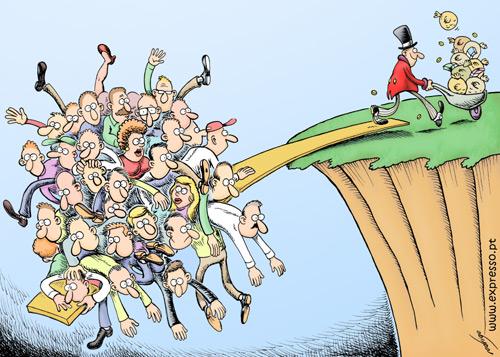So why is music related to writing?
In analyzing a music piece, the tempo of the piece, its genre, the instruments used and etc. are analyzed. Those are the characteristics or what I called the "social expectations" earlier on of a music piece. In analyzing a music piece, I used to ask myself a few questions. What makes me think that the genre of a piece of music, for example, is an orchestra? It's because an orchestra usually consists of string, brass, percussion, and woodwind instruments. What makes it different from a chamber orchestra? It's the number of members in the orchestra. A chamber orchestra usually has less than 40 members while orchestra has more than that. What makes it different from a concerto? Concerto is a solo piece for an instrument accompanied by an orchestra. In other words, a concerto is designed for a specific instrument, let's say the piano, and most of the time, the piano will be played in most parts of the performance with an orchestra as the background music.
As for "sub-genre" in music, there are ways to identify them, too. The tempo can be determined by clapping your hands or stepping your feet according to the rhythm of the music. By that way, you could determine if that is in slow or fast tempo. For the musical instruments used in the music piece, you have to be very sensitive to the sound produced by a specific instrument. This can be pretty hard for novices in music. In the music class, I was also struggling to identify the sound produced by the instruments. I always had a hard time in differentiating the sound produced by violin and cello as they just sounded the same to me. However, definitely there are some differences in the sound produced by these two instruments.

Analyzing academic writing can be done in the similar way as analyzing music pieces. In the analysis papers that I did, I always asked myself the similar set of questions. However, the item to be analyzed in that assignment is an academic writing, instead of a music piece. Let's take an abstract as an example. What is an abstract? Abstract summarizes a research paper to give an overview to the readers and let them decide if they want to continue reading the whole paper. What are the specific criteria to be identified as an abstract? An abstract is a short yet detailed summary of the purpose of a research, problems related to the research and solutions to them, definition of key terms, and results. What makes an abstract different from the scholarly peer-reviewed paper? Abstract is part of a scholarly peer-reviewed paper and it's usually put at the very first section of the paper. By doing this way, it helps me in doing my analysis paper.











